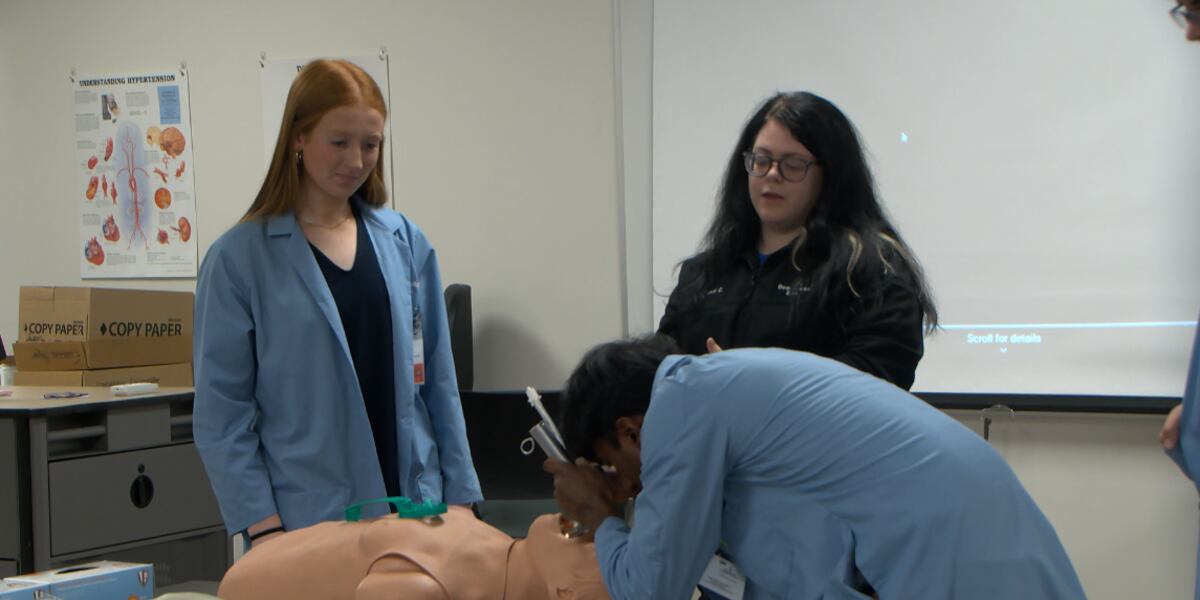Addressing Student Mental Health: State Leaders Champion New Behavioral Health Program

Worcester, MA – State leaders convened Tuesday to address the growing concern of student mental health and to celebrate the launch of a groundbreaking, school-based behavioral health program in Agawam. The discussion underscored the critical need for accessible and proactive mental health support for young people across Massachusetts.
The meeting brought together policymakers, educators, mental health professionals, and community stakeholders to explore innovative strategies for identifying and addressing mental health challenges faced by students. The conversation centered on the increasing prevalence of anxiety, depression, and other mental health conditions among young people, often exacerbated by academic pressures, social media, and recent global events.
A key highlight of the meeting was the introduction of the new behavioral health program in Agawam. This program represents a significant shift towards integrating mental health services directly within the school environment. The model provides students with on-site access to licensed therapists, counselors, and other mental health professionals. This eliminates barriers such as transportation difficulties, stigma associated with seeking help, and parental scheduling conflicts, making it easier for students to receive timely and appropriate support.
“We recognize that our students are facing unprecedented challenges, and their mental health is just as important as their academic success,” stated a leading state legislator during the meeting. “This program in Agawam is a model for how we can create a more supportive and nurturing environment for all of our students. We are committed to expanding similar initiatives across the state.”
The Agawam program’s approach focuses on early intervention and prevention. It includes a range of services, such as individual counseling, group therapy, crisis intervention, and mental health education for students, staff, and parents. The program also emphasizes collaboration between schools, families, and community-based mental health providers to ensure a coordinated and holistic approach to student well-being.
Experts emphasized the importance of destigmatizing mental health and encouraging open communication about emotional well-being. They also highlighted the need for increased funding and resources to support school-based mental health programs and to train educators to recognize and respond to students in distress.
The state leaders pledged to continue working together to prioritize student mental health and to develop comprehensive strategies for addressing this critical issue. The success of the Agawam program will be closely monitored, and its lessons will be used to inform the development of similar programs in other communities throughout Massachusetts. The hope is that this innovative approach will contribute to a healthier, more resilient generation of young people, equipped to thrive both academically and emotionally.
The meeting concluded with a call to action, urging all stakeholders to work collaboratively to create a culture of mental wellness in schools and communities across the state. Further details about the Agawam program and resources for student mental health are available on the Massachusetts Department of Elementary and Secondary Education's website.






